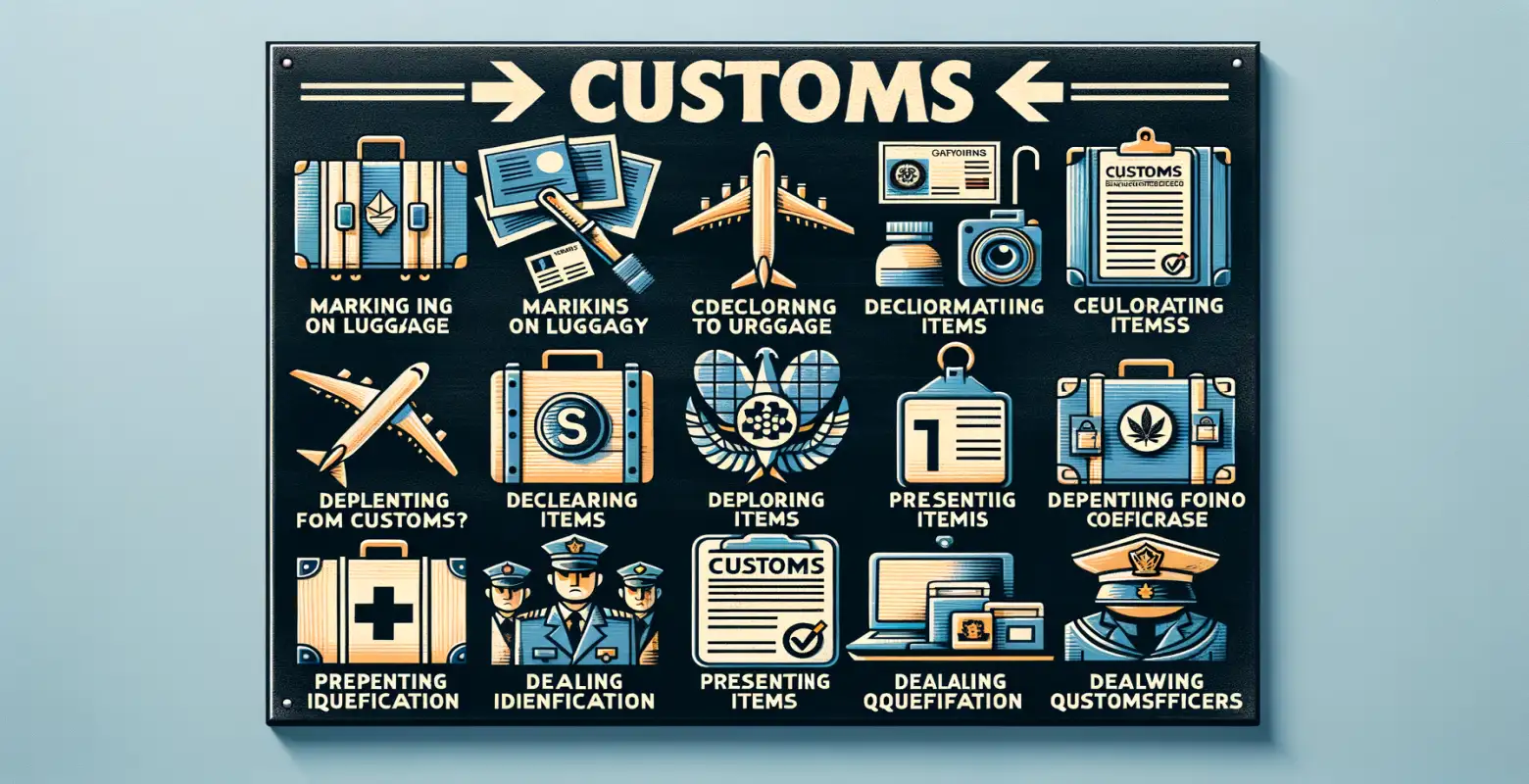What customs regulations should be known?
Introduction
In the era of globalization and growing international trade, customs clearance regulations are becoming increasingly important. Customs clearance is a process that allows for the legal crossing of borders by goods, both imported and exported. Anyone conducting business in the international market must be familiar with these regulations, as failure to understand them can lead to delays, fines, and even confiscation of goods. In this article, we will discuss key aspects of customs clearance regulations that are worth knowing to ensure the smooth operation of commercial activities and avoid unpleasant surprises.
Basic Concepts Related to Customs Clearance
Before delving into details, it is important to understand the basic concepts related to customs clearance. Customs clearance is a process in which goods are declared to the customs office to obtain permission for their entry into or exit from the country. An important element of this process is the customs declaration, which contains all necessary information about the goods, such as their value, quantity, origin, and destination.
Another key concept is the customs tariff, which is a system of classifying goods used by customs authorities to determine the customs duty rate. The customs tariff is based on the Harmonized System for the Description and Coding of Goods (HS), which is used worldwide.
Importance of Customs Tariff and Goods Classification
The customs tariff plays a crucial role in the customs clearance process as it is used to calculate customs duties. Classifying goods according to the customs tariff allows for assigning the appropriate HS code, which determines the customs duty rate, as well as any restrictions and regulations.
Correct classification is necessary to avoid errors in the customs declaration, which can lead to financial penalties or goods being detained. It is worth noting that some goods may be subject to different customs duty rates depending on their destination or country of origin, making accurate classification even more important.
Process of Declaring Goods for Customs Clearance
The process of declaring goods for customs clearance begins with preparing the necessary documentation. The most important document is the aforementioned customs declaration, which must be filled out accurately and include all required information. In addition to the customs declaration, additional documents such as commercial invoices, certificates of origin, or transport documents may be required.
It is important to note that the customs clearance process may vary depending on the country and the type of goods. For example, some products may require special permits or certificates, such as import licenses for strategic products.
Regulations for Goods Subject to Restrictions
Some goods are subject to special regulations and restrictions that can impact the customs clearance process. Examples include products related to national security, public health, or environmental protection. In such cases, customs authorities may require additional documents, such as permits or compliance certificates.
Before exporting or importing such goods, it is important to carefully review the applicable regulations and ensure compliance with all legal requirements. Failure to comply with these regulations can result in the confiscation of goods and the imposition of severe penalties.
Challenges Related to Customs Clearance
Customs clearance can be a complex and time-consuming process, especially if one is not familiar with the legal requirements and procedures. One of the main challenges is the need for thorough documentation preparation, which can be difficult due to changing regulations and the diversity of goods.
Another challenge is time management, as delays in customs clearance can affect delivery timeliness. Delays in clearance can lead to financial losses and loss of customer trust. Therefore, advance planning and collaboration with experienced customs agents are essential.
Benefits of Using Customs Agent Services
Using customs agent services is often a recommended practice, especially for companies regularly involved in international trade. Customs agents are professionals specializing in customs regulations who can assist in preparing and submitting documentation, as well as representing the company's interests before customs authorities.
The benefits of employing a customs agent include saving time, reducing the risk of documentation errors, and ensuring compliance with applicable regulations. Working with an experienced customs agent can also contribute to faster customs clearance and reduced costs associated with delays.
Trends and Future of Customs Regulations
Due to the dynamic development of international trade, customs regulations are constantly being updated and adjusted to new realities. In recent years, we have seen the growing importance of digital technologies that impact customs processes. Digitization and automation of customs clearance are becoming standard practices, leading to increased efficiency and error reduction.
The future of customs regulations will undoubtedly be increasingly integrated with modern technologies such as blockchain and artificial intelligence. It is expected that the development of these technologies will contribute to even greater transparency and security in international trade.
Summary
Customs clearance regulations are a key element in international trade, and understanding them is essential for any company involved in importing or exporting goods. Familiarity with basic concepts such as customs tariff and customs declaration, as well as the ability to deal with regulations and challenges, is crucial for success in this field.
By collaborating with customs agents and leveraging modern technologies, companies can effectively manage the customs clearance process, avoiding issues related to documentation errors or delays. Considering the dynamic evolution of technology and customs regulations, it is important to stay up-to-date with the latest trends and regulations to effectively conduct business in the global market.






Number of comments: 0